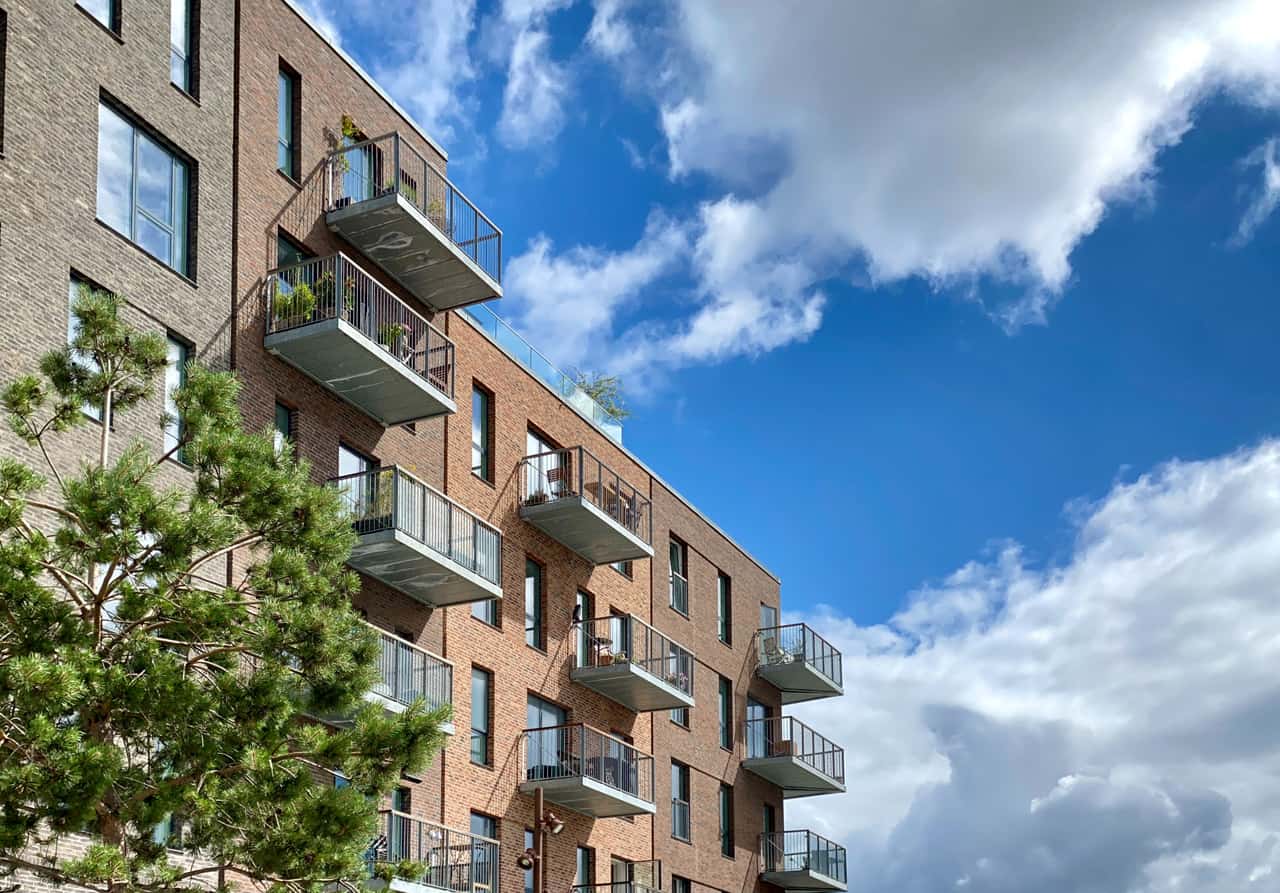Rent for 1 bedroom apartment jumps 7.4% in a year in Brampton: report
Published June 6, 2024 at 4:28 pm

Some tenants paid nearly 7.5 per cent more to rent in Brampton last month than they did a year ago and a new report shows asking rents have hit a record-high $2,202 average across Canada.
The average one-bedroom apartment went for $2,116 last month, making for a 7.4 increase compared to May 2023, according to a report on rental markets across Canada.
That price increase was felt Canada-wide with the one-bedroom average climbing more than 15 per cent nationally to $1,927.
Asking rents across all property types rose 9.3 year-over-year to $2,202, up nearly $200 from May of last year. Some cities in Alberta and Saskatchewan saw year increases of more than 16 per cent, like Edmonton which rose to a one-bedroom average rental price of $1,367.
Brampton is still ranked No. 9 on the National Rental Report, which saw a slight month-over-month drop of 1 per cent from $2,137 in April.

The report found Toronto apartment rents decreased 0.9 per cent year-over-year to an average of $2,784, while Vancouver rents were down 4.1 per cent.
“Markets such as Vancouver and Toronto that had experienced some softening in rents in previous months are stabilizing near record highs, while many of the country’s mid- and small-sized cities are still posting double-digit rent increases,” President of Urbanation Shaun Hildebrand said in the report from Rentals.ca and Urbanation.
Even when sharing a rental the numbers went up with asking rents for shared accommodations increasing to $992 in May across four provinces including Ontario.
“Average roommate rents remained highest in B.C. ($1,191) and Ontario ($1,069), with Alberta experiencing the largest increase in rents over the past year for shared accommodations (+9.6% to $883),” the report reads.
As for sales, there were 517 units which traded hands in Brampton last month – a sign that the city’s supply is higher than demand, or lacking in affordable housing options.
INsauga's Editorial Standards and Policies








